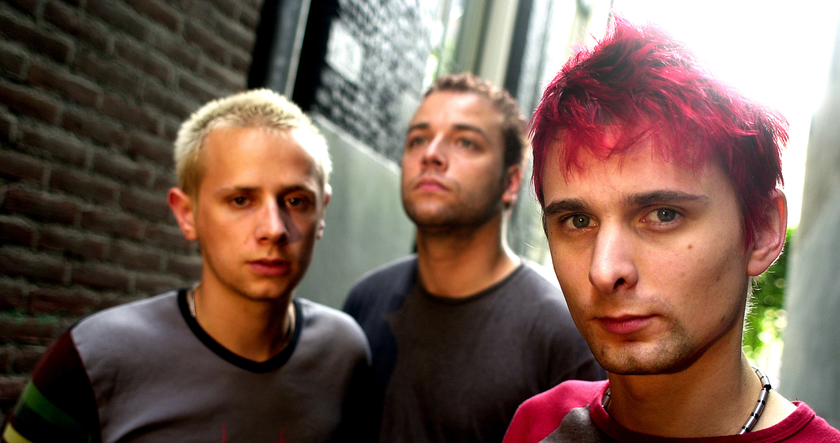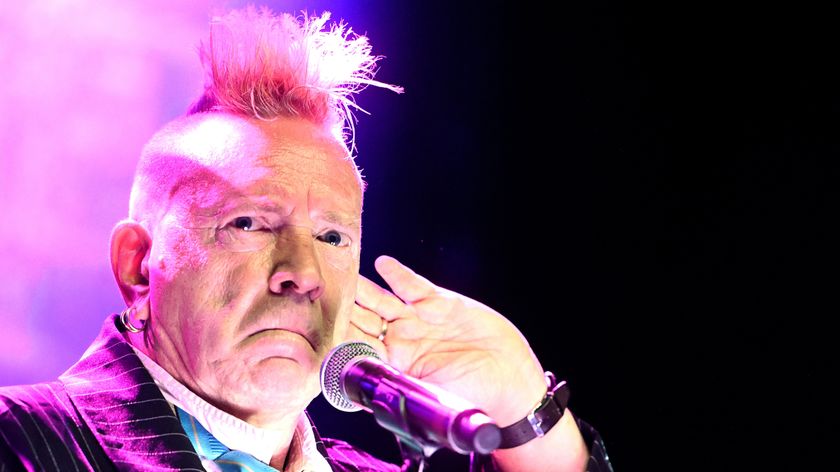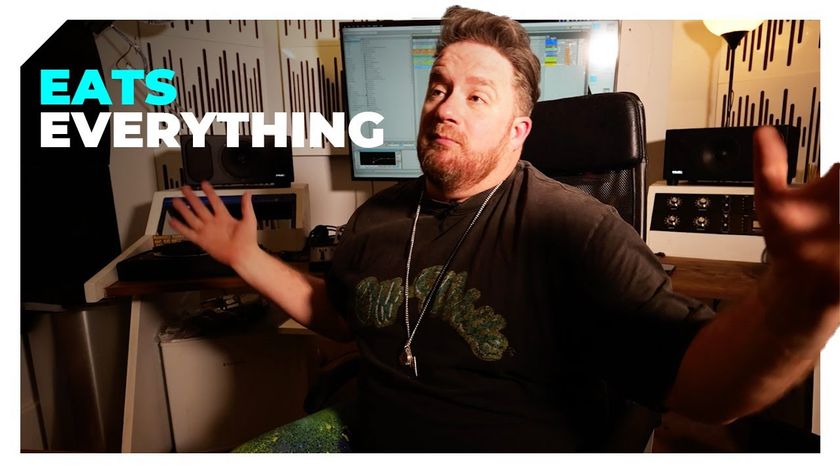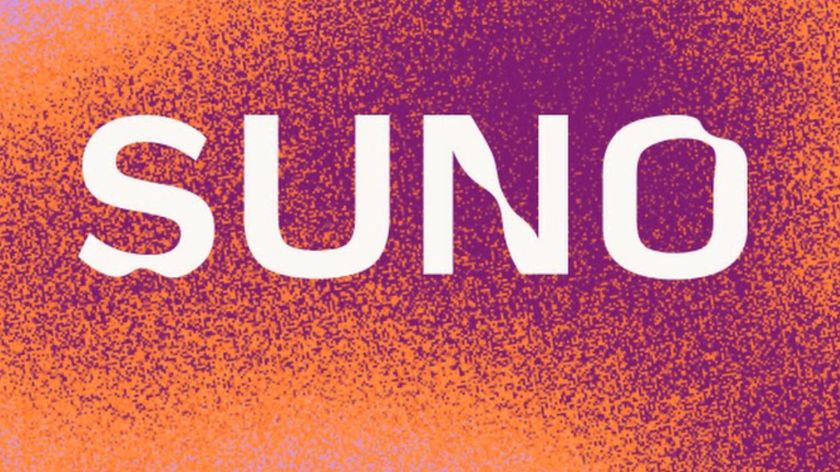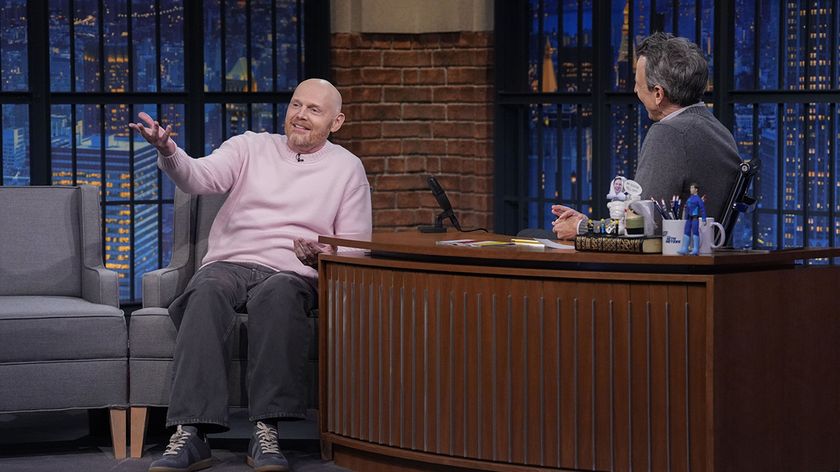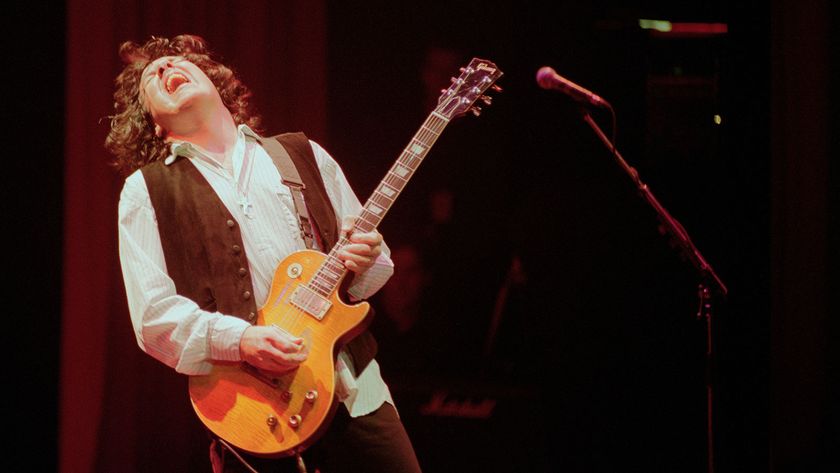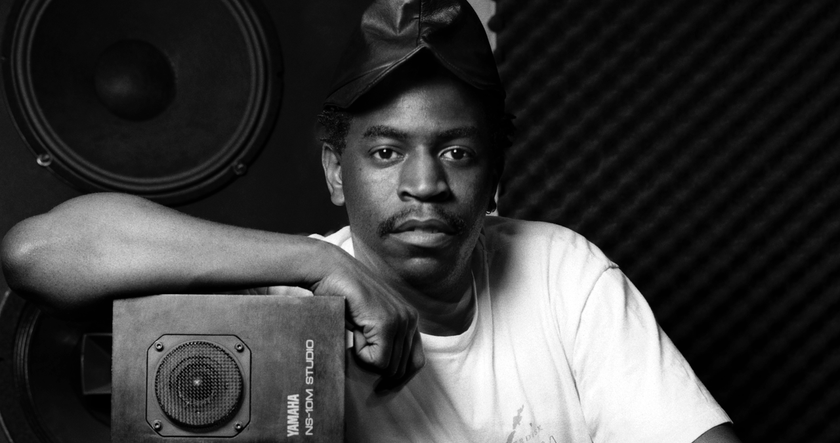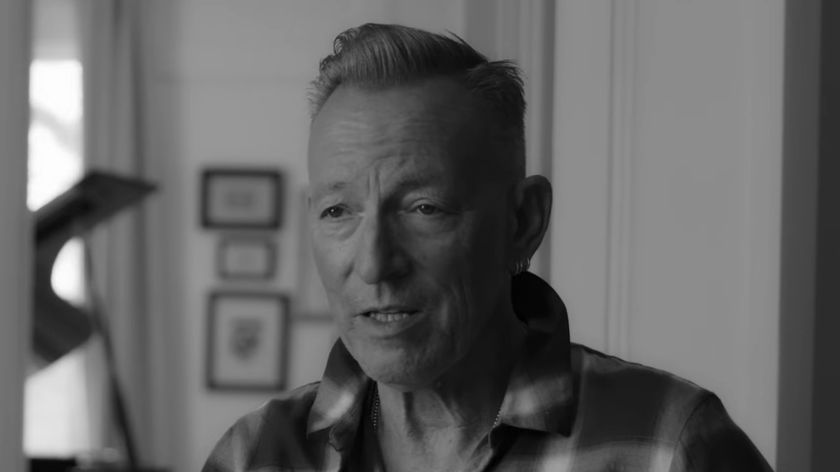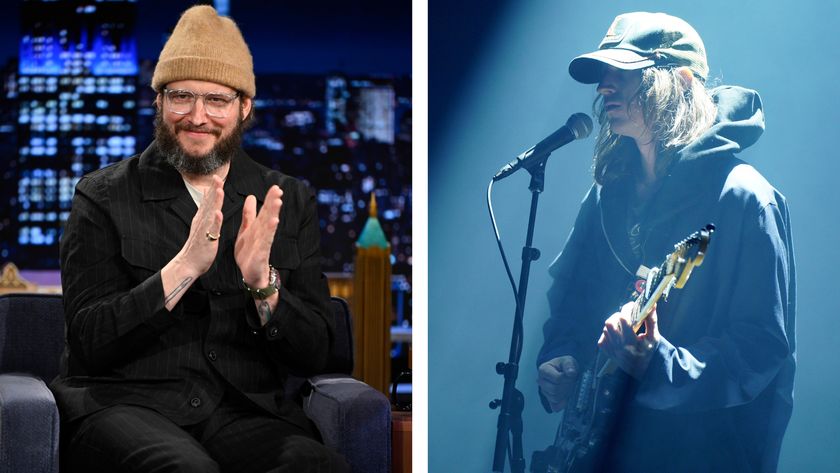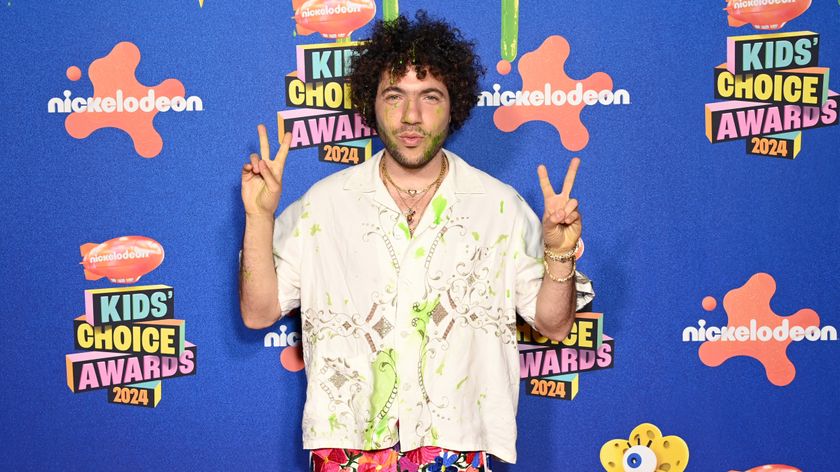Flux Pavilion on the tech and technique used on his latest record
Joshua Steele (aka Flux Pavilion) on his meteoric rise to success and how he gets the perfect studio mix
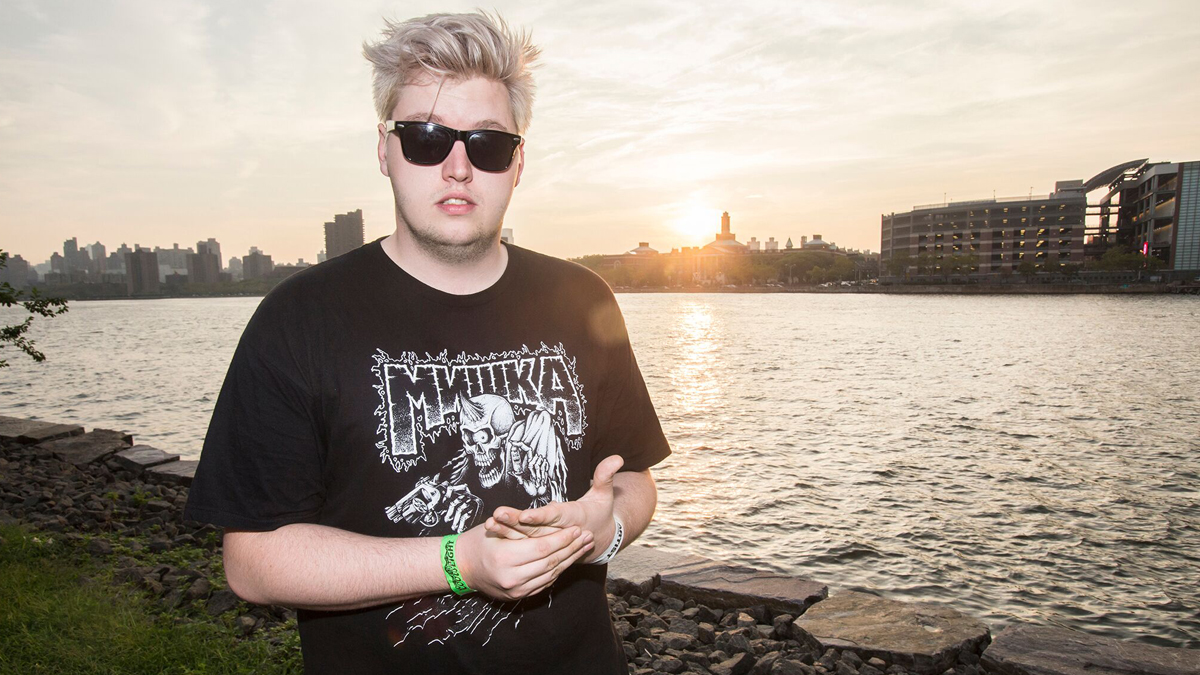
So far, Joshua Steele has made it look easy. Within two years of producing his own music, he was battering the UK dance charts with hits like I Can't Stop, Bass Cannon, Superbad and Daydream sitting at the commercial end of the Dubstep/Drum and Bass spectrum.
With the labels banging on his door, remixes swiftly followed for Skrillex and M.I.A., DJ sets at Glastonbury and Coachella and headline tours of the UK and US. Steele even found time to start his own Circus Records label with childhood friend, Doctor P.
Following the release of Emotional (The Remixes) with fellow EDM compatriot Matthew Koma, Steele discusses his career to date and studio technique.
Are you surprised at how quickly your career has lifted off?
"I was surprised at the speed at which my life has changed. I started when I was 18/19, so I was just sort of becoming an adult, which was very strange because I hadn't had years of chipping away at something.
"I wasn't building a career, I just liked music and that turned into a career, and I think that the best way to be creative is to just simply let that activity take you in any direction it wants to."
EDM has such a wide terminology, are you comfortable being put in that pigeonhole?
Get the MusicRadar Newsletter
Want all the hottest music and gear news, reviews, deals, features and more, direct to your inbox? Sign up here.
"I am completely uncomfortable being put into a pigeonhole. I'd rather be defined by what the music sounds like. It is quite handy to have terminologies you can use to describe something, but I think the concept that music can be judged by a word is wrong.
"A lot of people say they don't like Drum and Bass, but Goldie is Drum and Bass and so is Pendulum and Noisia, yet listening to them side by side is entirely different. So it doesn't make any sense to use that to judge the music."
Your tracks are carefully balanced between being dancefloor-friendly and written as songs in their own right. Is that the balance you're always striving to achieve?
"I've always liked music that is quite simple, catchy and effective. I don't actively try to write songs, I try to write a piece of music and if it needs to be a song it will be.
"Sometimes I look at it like the music's out there, around me and in the world, and at some point I grab the idea out of the air and make it exist. It's like the idea is there but you're using your skill and technique to turn that into what it always needed to be."
What were your first steps into production gear wise?
"I started off with an electric guitar and a really crappy computer microphone that I sellotaped to it and recorded into Cool Edit Pro, although I may have used Sound Forge before that. Then Doctor P showed me a drum machine called HammerHead, which was really quite crappy, but you could download breaks on it and they were all free.
"Eventually I stopped playing guitar and became a producer more than anything else. A guitar has a certain sound to it and if I want that sound I'll still play my guitar, but with electronics I discovered there's so much more available to experiment with that can only add to compositional exploration.
"A lot of people look at electronic music as if it's fake, but to me it's a welcome extension - being able to make sounds that no human has ever heard before."
"I am completely uncomfortable being put into a pigeonhole. I'd rather be defined by what the music sounds like."
What's your basic studio set up now?
"I got Cubase when I was about 13 or 14 and have been using it ever since. I also picked up the Native Instruments bundle about six or seven years ago and never looked back."
You don't look further afield than NI?
"I do - a process of mine is to try and use a new piece of software with every song, be it a compressor an EQ or delay, but when I know the sound that I need, it's always Massive or FM8 that I go to - no other ones have made it into my staple collection.
"Sylenth and Serum are also quite good, and I use Wave's SSL and the FabFilter bundle for most of my dynamics, but the in-built stuff in Cubase is actually really good, each channel has its own EQ and analyser."
Are people too hung up on having the latest technology?
"Some people think that the technology makes the music or that better technology and more software makes it better, but it really doesn't, that's where I think a lot producers can go wrong. So many people I've known have built studios but never actually written any music because they think the next thing they get is going to be the key, but the key is hard work and ideas."
Do you have much hardware?
"I've got a Prophet 8 at home, which I do experiment with and does give me ideas, and I've got a Roland Jupiter-6 that I kind of piss about with. Otherwise, most of my hardware is outboard. I just got a Neve 33609 mix bus and an SSL bus compressor, which I use when I do mastering.
"I had been using software versions of both, but I was in a studio and they were hooked up and easy to put through the patch bay. Maybe it's the placebo effect, but I feel like I'm more connected to what I'm doing when I can see the needles physically moving.
"With software being so good, I'm not entirely sure if that's a fact, it could have just been a romantic idea, but it made me excited to get in the studio, and sometimes that's all you need."
Your music has high production standards. Do you work with a producer or is that an element you take great pride in undertaking?
"I mixed and mastered the album myself, although Doctor P helped with drums. I always struggle with making the drums hit through in the mix, especially with sidechaining and stuff like that.
"If I'm working on an idea, I'll send him the project and he'll clean it up a little bit and send it back when it's still at the demo stage so I can take it from there and build the rest of the track up. I'm quite a messy writer, literally throwing stuff all over the place. I can't be bothered to wait to make my snare sound perfect, I wanna crack on with any ideas I have."
The music doesn't distort at very high volumes, is compression the key, not over-egging it and destroying the frequencies?
"Yes and no. This is definitely the first record where I've used limiters on my master. If I showed you some of my projects from a few years ago, especially some of the bigger tracks, I'd send off the master completely in the red because it still sounded good, the tracks worked quite well on the dancefloor and sold quite well.
"I wasn't bothered by a red light or something being technically perfect, and it didn't matter how crappy the actual mix was, if it sounded good then it is good. But with Tesla I tried to make sure it sounded good and be technically in line as well."
How did you achieve that?
"I was using limiters; Ozone was a mainstay on my master bus. A lot of my sounds are pieced together like a puzzle, rather than using one big synth I'll use four synths and piece them together like a jigsaw, so when it comes to mixing it's just a matter of turning one up a little bit if I want some more highs or down a little if the mid-range is muffled.
"That way, each of the synths I've used will make a chord or a sound have an extra element to them until I've got loads of layers that you can't even hear but all slowly add to the sound.
"From reading a lot of magazines, I realised that's actually quite a strange way of doing things, but it helps me get the right mix."
Where do you see yourself in 10 years? Is dance music a stepping stone to working in other areas of the industry?
"Maybe, I hadn't really thought about it like that. I grew up listening to people like The Prodigy, Fat Boy Slim, Basement Jaxx and Aphex Twin, so that music still speaks to me.
"Like I said before, there was never a choice, what I was doing turned into a career and I never felt like I was writing dance music or EDM, it was just making music using electronics. With that in mind, I'll keep doing the same thing, and if it's still called dance music in 10 years then I guess that's what I'll be doing."
'Emotional (Remixes)' by Flux Pavilion & Matthew Koma is out now on Circus Records. For more information, check out Flux's Facebook, Twitter and SoundCloud pages.


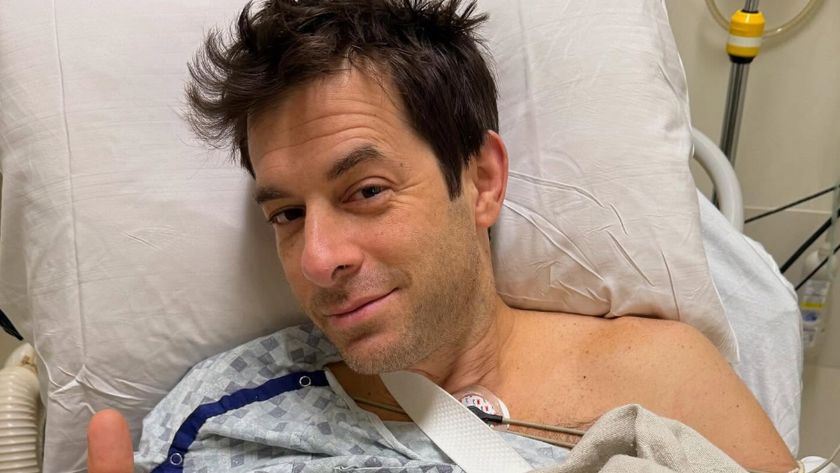
“Turns out they weigh more than I thought... #tornthisway”: Mark Ronson injures himself trying to move a stage monitor

“My love letter to a vanished era that shaped not just my career but my identity”: Mark Ronson’s new memoir lifts the lid on his DJing career in '90s New York
